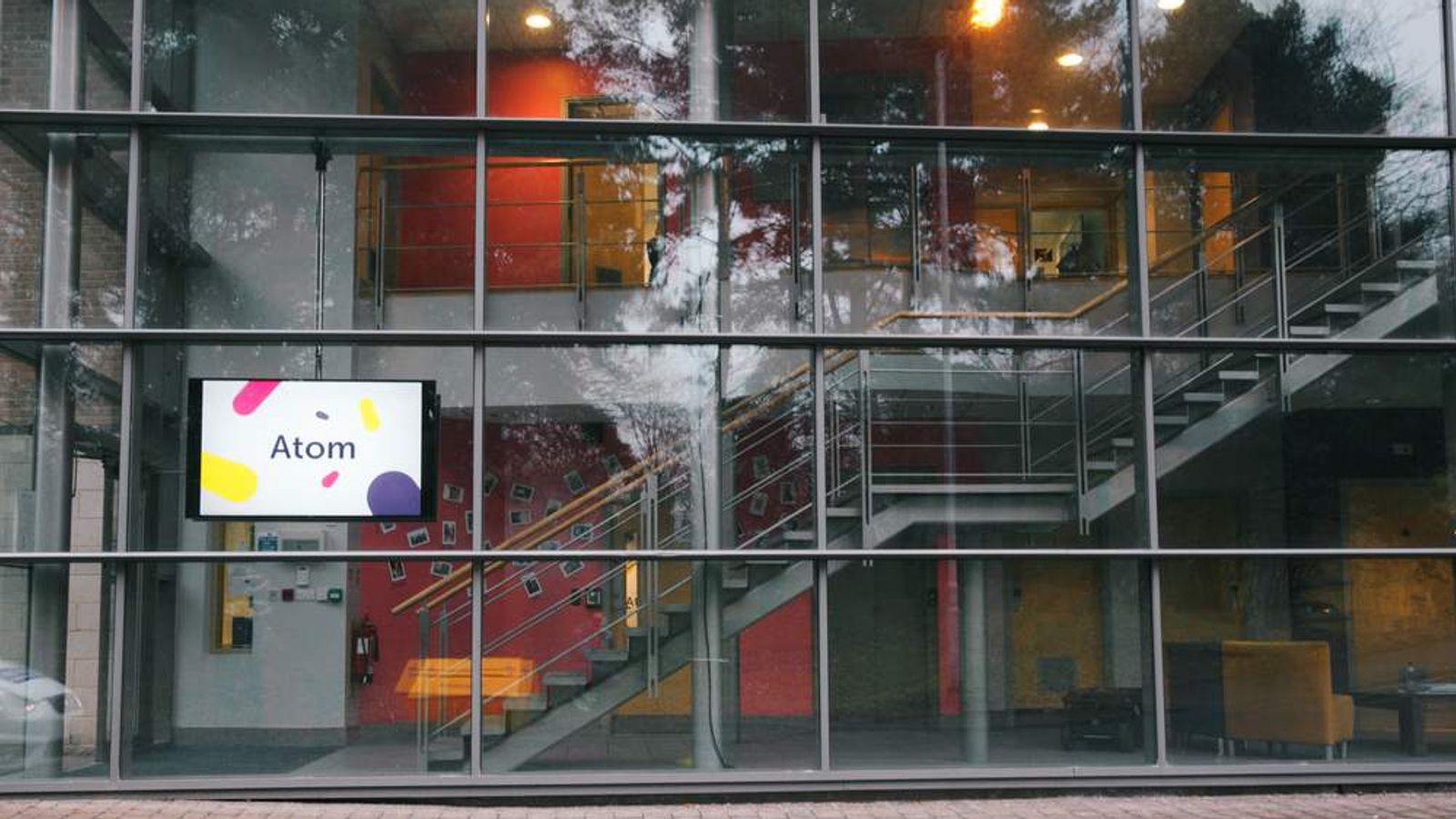Atom Bank picks advisers to steer £100m fundraising

Atom Bank, the app-based lender, has picked advisers to secure a further £100m in capital in what is expected to be its final fundraising before an attempt to list its shares publicly.
Sky News understands the Durham-based company is working with bankers at Jefferies on a share sale that will take place in the coming months.
One investor who has been approached about participating in the capital-raising said this weekend that Atom Bank could seek as much as £150m.
The plans follow a £30m cash call last November which was funded by existing investors, BBVA, Toscafund and Infinity Investment Partners.
Sky News revealed in March that Atom Bank had kicked off a search for a new chair as part of preparations for a long-awaited flotation.
Spencer Stuart, the headhunting firm, is overseeing the search for a successor to Bridget Rosewell, who has chaired the lender since 2018.
The appointment of a new chair will come soon after Atom also replaced its finance chief, with Andrew Marshall replacing David McCarthy.
Read more business news:
Paddy Power owner lines up new chairman
Firms review CBI membership after allegations
British steel on brink of extinction – or green resurrection
Mark Mullen, the bank’s chief executive, said in November that Atom had surpassed £4.5bn in retail deposits “having made waves with the pricing of our fixed and instant savers, opening up a void between banks such as Atom that pay a fair return on savings and those that are simply unresponsive to the market”.
Advertisement
Last year, talks about a £700m merger involving a vehicle set up by Donald Trump’s former commerce secretary fell apart.
Atom had been in talks with a special purpose acquisition company (SPAC) set up by Wilbur Ross, the billionaire Wall Street financier.
Established in 2014, Atom Bank has raised roughly £500m in equity from investors including BBVA, Toscafund and the now-dissolved Woodford Investment Management.
In 2021, it attracted headlines by becoming one of the first substantial employers to switch to a four-day week.
It said the move, which included a reduction in working hours from 37 to 34 with no impact on salaries, was designed to support employees’ mental and physical wellbeing, as well as to boost productivity.
Atom Bank did not respond to a request for comment.